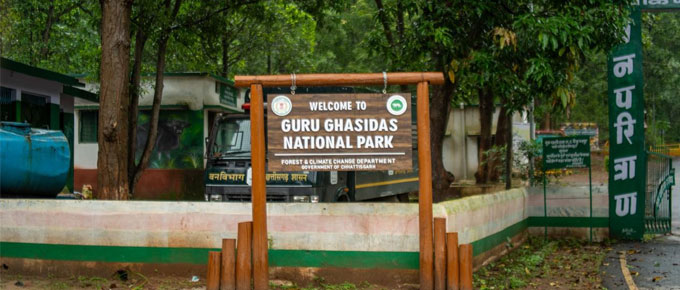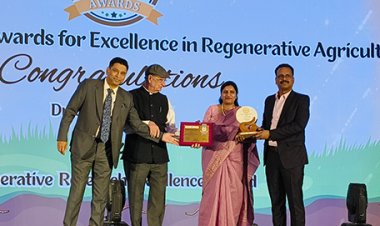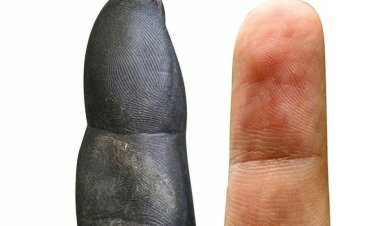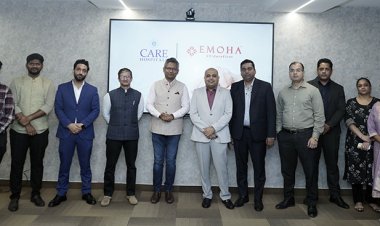G20 meet: World's tallest 'Nataraja' statue being installed at venue
G20 meet: World's tallest 'Nataraja' statue being installed at venue

A towering statue of ‘Nataraja’, believed to be the world’s tallest, being installed at the venue of the upcoming G20 Summit here, has been made using an ancient casting technique.
This statue, which is 28-foot tall including the pedestal, was made using the ancient lost-wax technique of metal casting that was used for making the famed Chola bronzes, sources told PTI.
The sculpture has been crafted using an ancient casting method and represents Lord Shiva in his role as the ‘lord of dance,’ embodying the cosmic forces of creation and destruction, they said.
The G20 Leaders’ Summit will take place from September 9-10 at ‘Bharat Mandapam’, the newly-built international convention and exhibition centre at the Pragati Maidan.
The stretch of Mathura Road facing the Pragati Maidan has been spruced up and decorated with thematic posters, artistic logos and flags of G20 member nations.
On the opening day of the summit, a ‘Culture Corridor’ envisioned by the Ministry of Culture will also be unveiled at Bharat Mandapam.
The concept of the ‘Culture Corridor’ is about “bringing the best and the most valuable artefacts” from all the 29 countries in one space which will then signify the essence of Vasudhaiva Kutumbakam — the theme of the G20, a senior official said.
Besides, the corridor would also signify that “culture unites all’, he said.
‘Culture Unites All’ was the sub-theme of the Culture Working Group of the G20 under India’s presidency.
As part of the ‘Culture Corridor G20 Digital Museum’, artefacts in physical and digital formats sourced from all G20 members and invited countries, will be exhibited on the same floor where the leaders’ meetings will take place, and they will walk through this “cultural corridor” while moving into and out of the summit room, according to sources.
For this international project, India’s submissions in the intangible heritage category are yoga, Kumbh Mela, Vedic chanting, lost-wax tradition of bronze casting and double ikkat weaving Patan Patola of Gujarat.
“We are showcasing Panini’s ‘Ashtadhyayi’ in the object of cultural significance category and the lost-wax process is one of our five submissions in the intangible heritage category, and the ‘Nataraja’ statue has been made using this technique,” another source said.
A time-tested tradition in sculptural making, the lost-wax process has been in use since the era of the Cholas, whose bronze items are prized possessions today.
In this metal casting process, molten metal, usually bronze, gold or silver, is poured into a mould made using wax or any resin-like material. Once the metal cools and solidifies, the wax model is melted and drained away.
During the ninth meeting of the G20 coordination committee to review G20 preparations, Prime Minister’s Principal Secretary P K Mishra Wednesday took stock of the arrangements and also reviewed the installation progress of the Nataraja statue at the venue.
The exhibition of physical and digital artefacts under the ‘Culture Corridor’ will be spread over a 10,000 sq ft area in the hallway skirting the summit room, with a huge immersive zone planned in an alcove with a mega screen display, the sources said.
Manuscripts of the Rig Veda from India, a rare copy of the Magna Carta from the UK and an anamorphic digital image of the Mona Lisa from France, certified original copies of the Charters of Freedom from the US, a fahua lidded jar from China will be among the several artefacts to be exhibited at the ‘Culture Corridor’.
“Apart from the Culture Corridor, other works entrusted to the Culture Ministry include making backdrops where the Indian Prime Minister will greet leaders, and the President of India will great leaders and their spouses. We are also curating a cultural programme for the final dinner of G20 leaders and their spouses and VVIPs,” the source said.
The ministry is also setting up an exhibition representing India as the ‘Mother of Democracy’, which will “talk about our over 5,000 years of history and how we have maintained and strengthened democratic traditions over these years,” the official added.
With inputs from PTI.






















